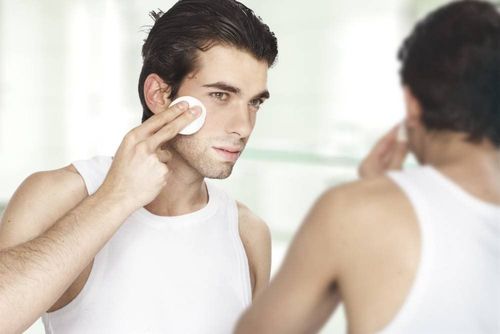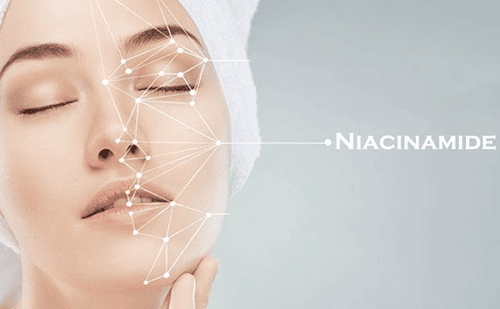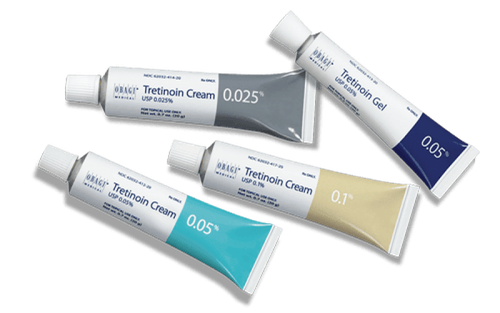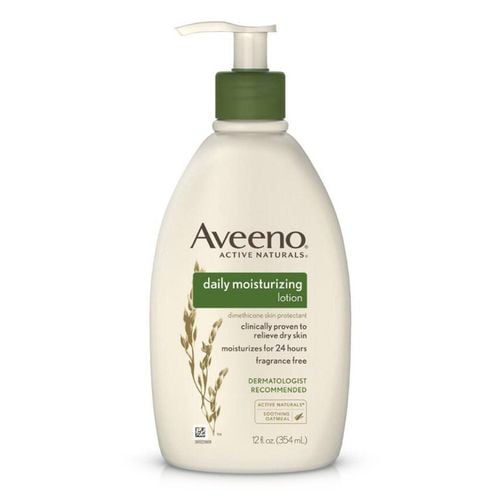Using sunscreen is a preventive measure to protect the skin from the harmful ultraviolet (UV) radiation of the sun. While sunscreen offers numerous advantages, such as preventing sunburn and premature aging, it also has certain drawbacks, including stickiness, potential skin irritation for certain skin types, and some ingredients being absorbed into the body, etc.
1. Disadvantages of sunscreen
Sunscreen is a protective measure against the harmful effects of sun exposure. It helps prevent sunburn and early signs of aging (such as wrinkles and rough skin). Sunscreen also reduces the risk of skin cancer and sunburn-like skin reactions (photosensitivity) caused by certain medications (including tetracyclines, sulfa medications, and phenothiazines such as chlorpromazine). The active ingredients in sunscreen work by absorbing UV radiation, blocking it from penetrating deeper skin layers, or reflecting the radiation.
Despite these benefits, sunscreen has several disadvantages. Applying sunscreen does not mean you can stay under the sun indefinitely. Sunscreens cannot block all solar radiation, there are various forms of sunscreen (for example: creams, lotions, gels, sticks, sprays, or lip balms). Additionally, some notable disadvantages of sunscreen include:
- Applying approximately 2 mg/cm² of sunscreen on the skin can feel sticky and uncomfortable for users.
- Oily, acne-prone, or sensitive skin types may experience increased oil secretion or irritation when using sunscreen.
- Sunscreen needs to be reapplied every 2–3 hours, which can be inconvenient for users.
- Sunscreens can partially or entirely wash off when exposed to water or excessive sweating.
- Spray sunscreens may leave certain areas unprotected, leading to sunburn.
- Some sunscreen products containing aminobenzoic acid or para-aminobenzoic acid can stain clothing.

In addition, chemical sunscreens often contain ingredients that may not be entirely beneficial for health, such as PABA or oxybenzone. Of these, oxybenzone is the most concerning. Nino said: “Oxybenzone, in particular, has raised concerns due to studies showing that it can be absorbed into the body through the skin. However, the extent of absorption and its biological effects remain unclear. The FDA has recently requested additional data on oxybenzone.”. A study in 2017 cho thấy revealed that oxybenzone could cause allergic skin reactions as well as react with chlorine in swimming pools to produce hazardous by-products. Additionally, recent researches has indicated that sunscreen ingredients may be absorbed into the body and even accumulate over time.
2. Should you use sunscreen?
Sunscreen was first approved as an over-the-counter medication to prevent sunburn before modern medication evaluation methods were implemented. Today, sunscreen manufacturers are required to demonstrate, through human studies, that the benefits of sunscreen outweigh its risks and that it is safe for specific target groups when used as directed.
Most sunscreens on the market meet safety standards. Experts agree that the benefits of sunscreen significantly outweigh the risks posed by UV-blocking ingredients. Therefore, it is recommended to use sunscreen to prevent aging and the harmful effects of UV radiation. However, it is crucial to choose a sunscreen suitable for your skin type and to avoid products containing oxybenzone. If you have any allergies to sunscreen ingredients such as aminobenzoic acid or sulfa medications, or if you experience any other reactions, consult a dermatologist before use to prevent adverse effects.

In summary, sunscreen is an effective preventive measure to protect the skin from UV radiation. While it offers outstanding benefits such as preventing sunburn and premature aging, it also has certain disadvantages, including stickiness, potential skin irritation for specific skin types, and the absorption of some ingredients into the body. However, most sunscreens on the market meet safety standards. Experts emphasize that the benefits of using sunscreen far outweigh the potential risks. Therefore, make sunscreen a part of your daily routine to prevent premature aging, and select a product that suits your skin type to minimize unwanted effects.
Reference sources: webmd.com, .healthline.com
To arrange an appointment, please call HOTLINE or make your reservation directly HERE. You may also download the MyVinmec app to schedule appointments faster and manage your reservations more conveniently.








